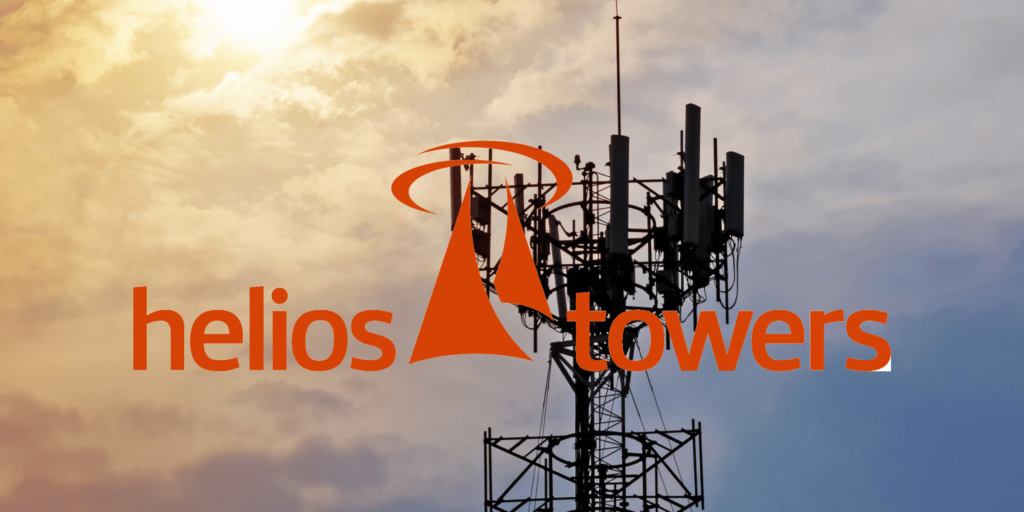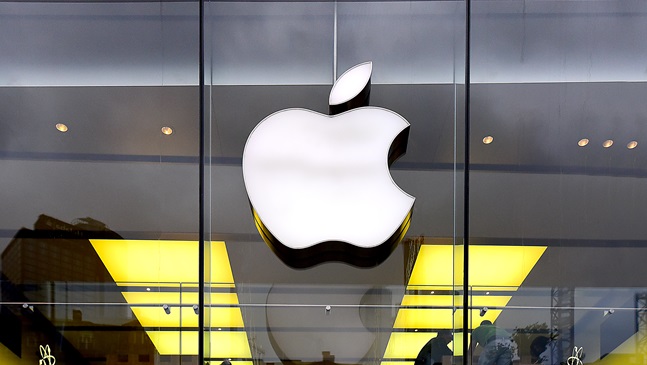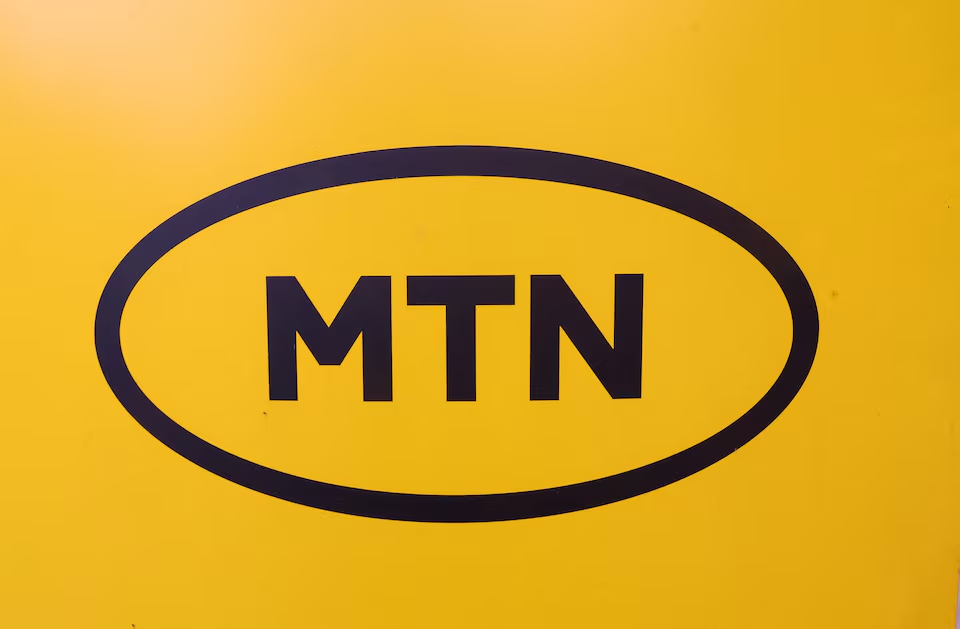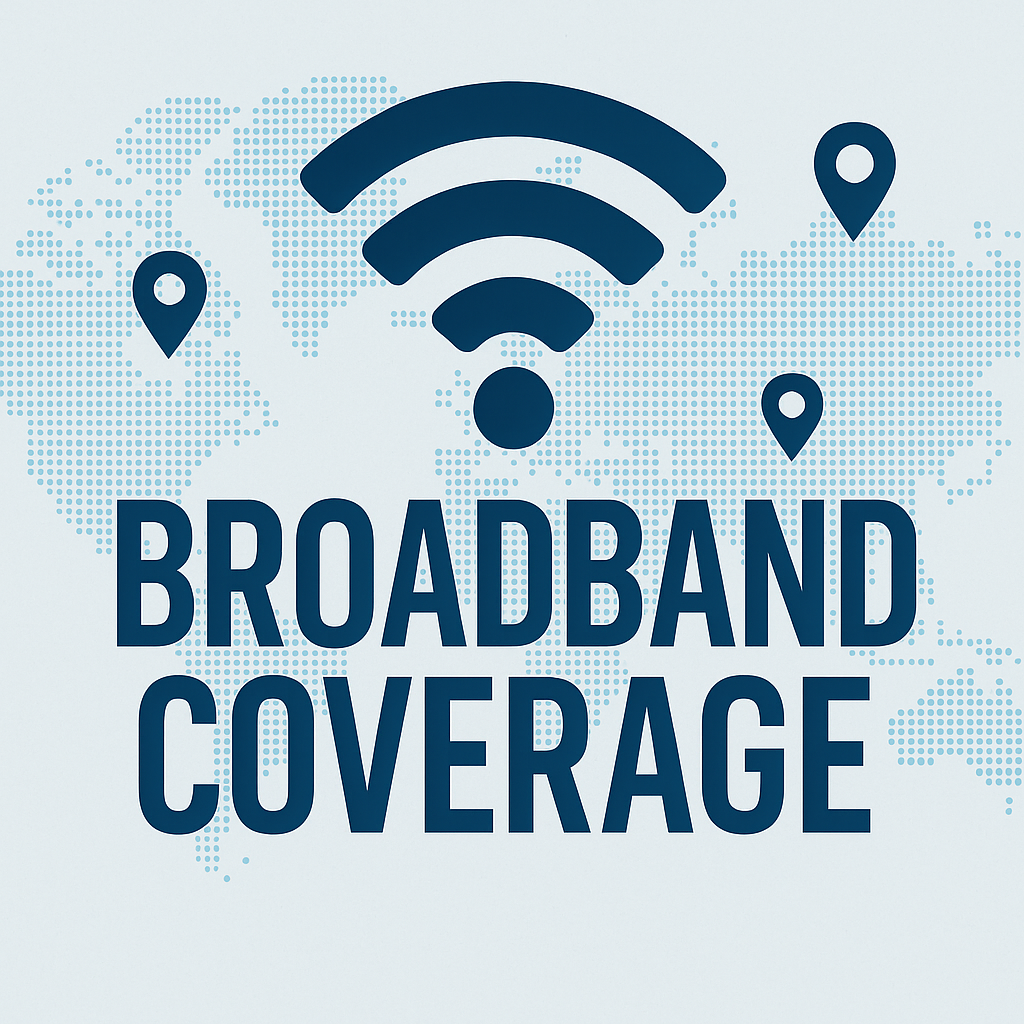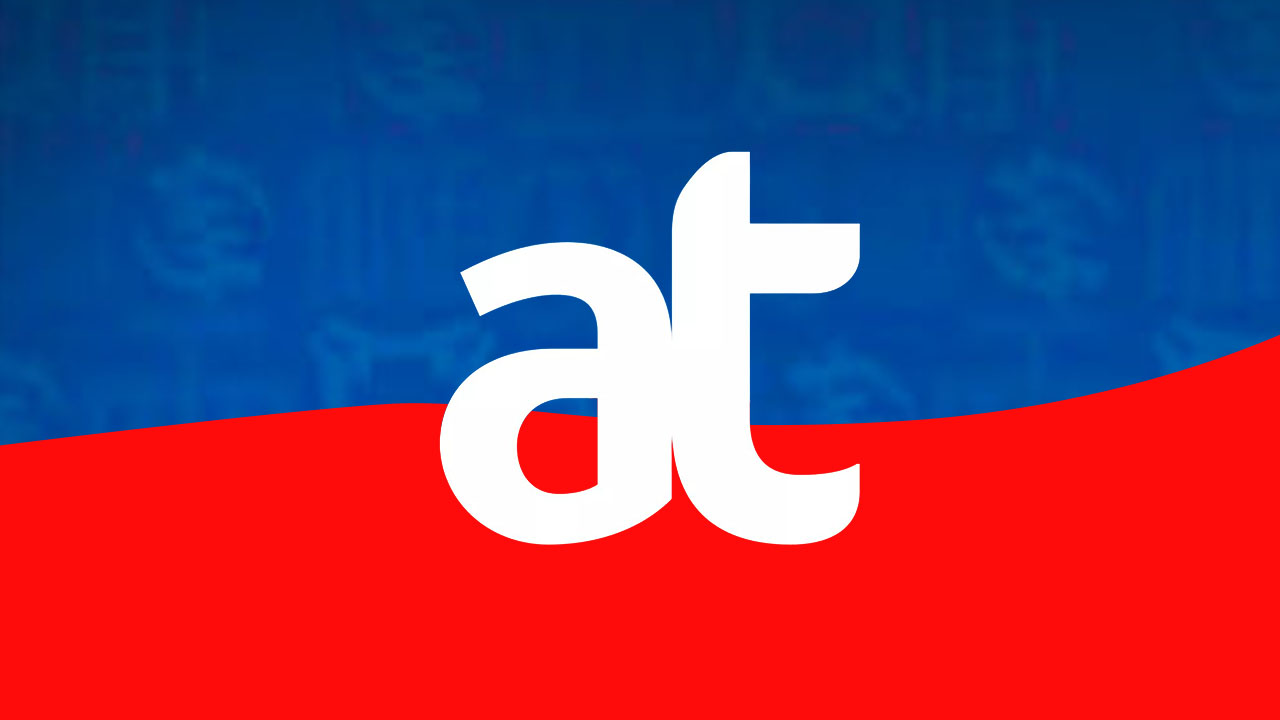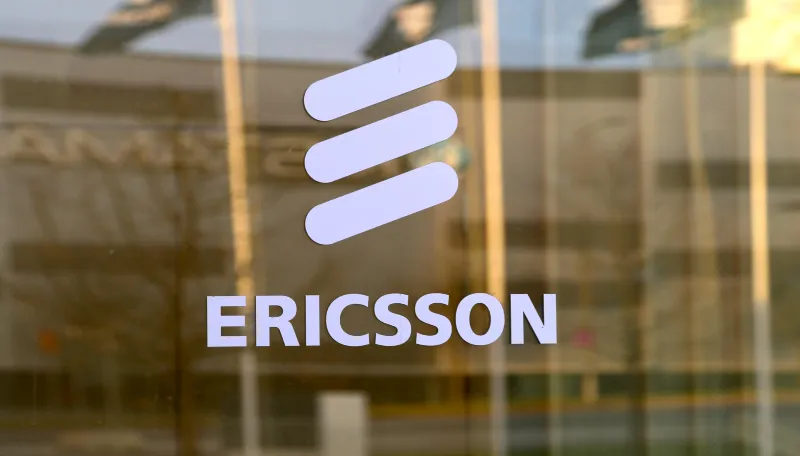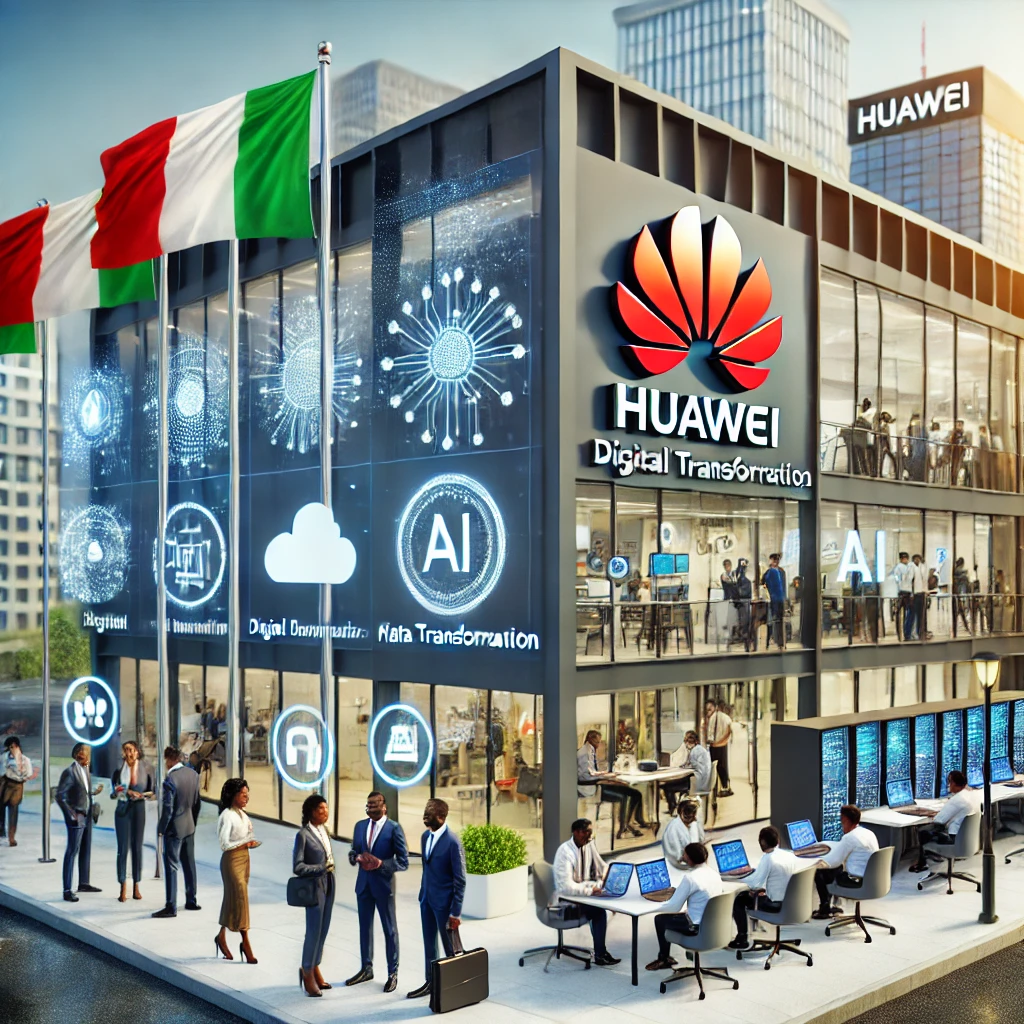Apple rolled out its much-anticipated iOS 26 brand for iPhones during its WWDC 2025 keynote held at the company’s headquarters, as it moved all its operating systems to the same type of name regardless of the device.
In addition to iPhones, Apple is using the new name scheme based on the year across iPads with iPadOS 26, smart watches with watchOS 26, tvOS 26 for its streaming service, macOS Tahoe 26 for Apple’s computers, and visionOS 2 for its mixed reality play.
For iPhones, iOS 26 will officially launch over the coming months, but some of the new features are currently in beta tests starting now through the Apple Developer Program, with a public beta to follow in July.
Apple software chief Craig Federighi stated during his keynote address that the tech giant is still working out the bugs in its Siri personal assistant that were announced at last year’s developer conference.
“This work needed more time to reach our high-quality bar, and we look forward to sharing more about it in the coming year,” he said.
He also stated that apps made by third-party developers will be able to access its Apple Intelligence AI software.
Apple also announced new Foundation Models frameworks to enable developers to directly access the large language models Apple is using to create new AI features for apps.
“This step brings Apple closer to the kind of AI tools that competitors such as OpenAI, Google, and Meta have been offering for some time,” stated IDC VP Francisco Jeronimo. “This move to empower developers is strategically important, as it allows Apple to leverage its vast developer community to infuse the ecosystem with AI capabilities and more specialized AI applications while driving innovation.”
IDC’s Jeronimo stated this year’s WWDC event was less about disruptive innovation and more about “careful calibration, platform refinement, and developer enablement, positioning itself for future moves rather than unveiling game-changing technologies in the present.”
Despite WWDC 2025 being light on AI-related announcements, IDC senior research director Nabila Popal noted delays in AI rollouts have yet to hurt its shipments.
“Apple knows AI is not a 100-meter sprint but a marathon,” she explained. “The announcements today tell us Apple is playing the long game and is still in the race.”
Apple’s big WWDC 2025 announcements:
Liquid Glass
Apple revealed a new visual design language for all its operating systems called Liquid Glass. Federighi explained, “Unified design language creates a more harmonious experience as you move between products while maintaining the qualities that make each unique.”
Liquid Glass will provide a more “consistent” user experience across iOS, iPadOS, and macOS compared to Apple’s previous design language, said the company.
Apparently, Liquid Glass will bring more clarity to navigation and controls and dynamically react to a user’s movement.
“Liquid Glass is translucent and behaves just like glass in the real world,” Federighi said. “Its colour is informed by your content and intelligently adapts between light and dark environments.”
He continued, “As a distinct functional layer that sits above your app, the material dynamically morphs when you need more options or as you move between views.”
iOS 26 updates
The new operating system software will feature a unified layout to bring the most used features, such as summarised voicemails through Apple Intelligence, key contacts, and other favourites, to the front without switching views.
A Call Screening feature automatically answers calls in the background to determine if it is a telemarketer or a legitimate call. It forces callers to state their names and reason for calling. With that information presented, a user can decide if the call is something to take or ignore.
Apple’s Hold Assist feature for iPhones will mute online music when a user is on hold during a phone call until someone picks up on the line.
Maps and Wallet
In iOS 26, Apple Maps will learn users’ preferred routes to work or other locations and suggest alternative routes if there are traffic issues by using a Maps widget. It also keeps track of places or locations they have frequently visited by using the Maps library.
Over the coming months, the Wallet app will allow iPhone users to create digital IDs using their passports to verify their identities in certain locations. Airline boarding passes can also be added into the Wallet app, along with indoor maps of airports.
Visual Intelligence
Apple’s Visual Intelligence feature builds on Apple Intelligence by allowing customers to visually search for items that appear on an iPhone screen. The feature identifies surroundings or a particular item in a store by pressing the camera control or action button to take a screenshot. Apple stated Visual Intelligence works with any app.
Games
The new operating system also features a revamped Games app to bring the most played apps to the forefront along with recommendations and updates. The Library tab shows all the games downloaded on the device to allow gamers to easily switch between them.
For developers, Challenges is a new feature that enables users to play more directly against their friends by challenging them to competitions in supported games.
Source: Mobile World Live


